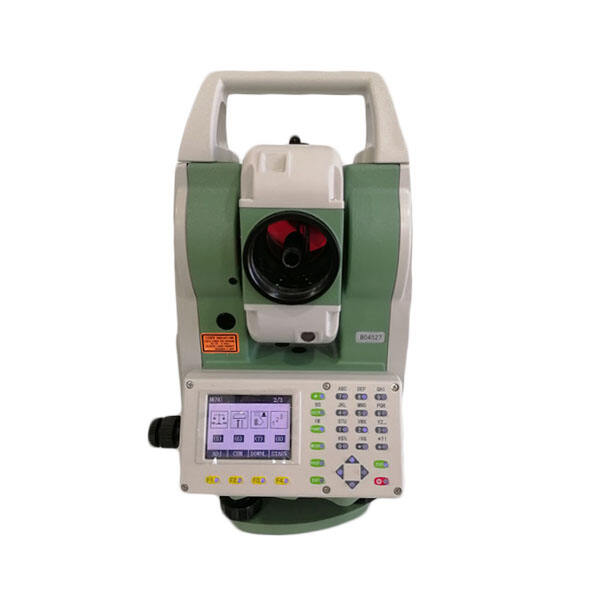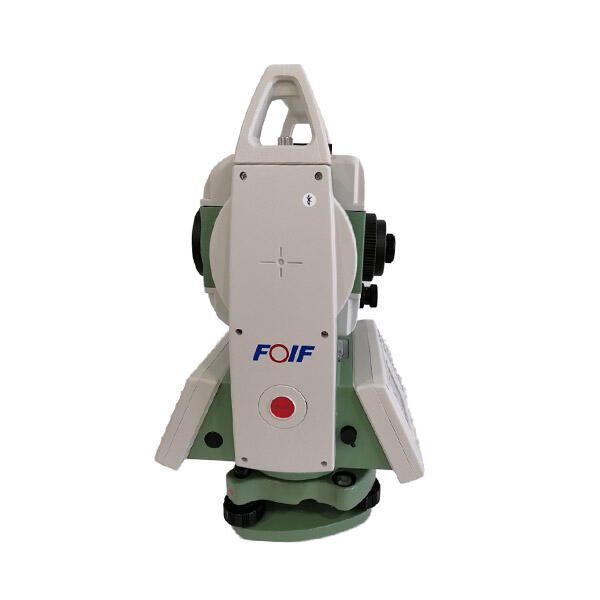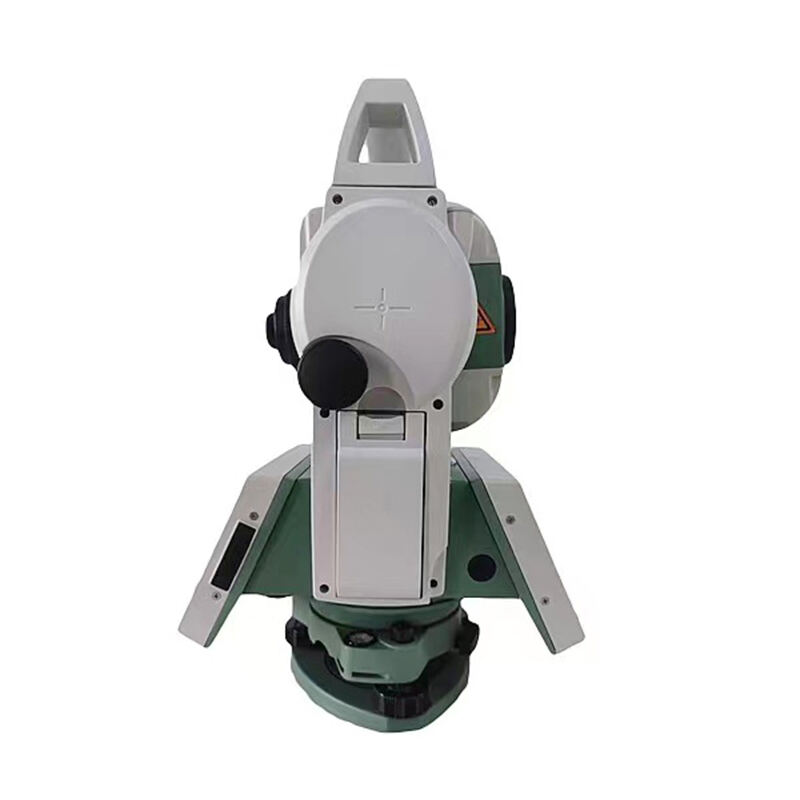total station surveying price
Total station surveying price represents a crucial consideration for professionals and organizations seeking precision measurement equipment. These sophisticated instruments combine electronic distance measurement with electronic angle measurement to provide highly accurate positioning data. Modern total stations typically range from $5,000 to $30,000, depending on their features and capabilities. Entry-level models offer basic functionality suitable for construction layouts and simple topographic surveys, while high-end instruments include advanced features like robotic operation, imaging capabilities, and enhanced accuracy levels down to submillimeter precision. The price variation reflects differences in measurement accuracy, range capabilities, data storage capacity, and additional functionalities such as wireless connectivity and software integration. Factors influencing the total station surveying price include the manufacturer's reputation, warranty coverage, included accessories, and after-sales support. Many manufacturers offer financing options and rental programs to make these essential tools more accessible to smaller firms and independent surveyors. The investment in a total station should be considered against its potential return through improved efficiency, reduced labor costs, and enhanced project accuracy.


